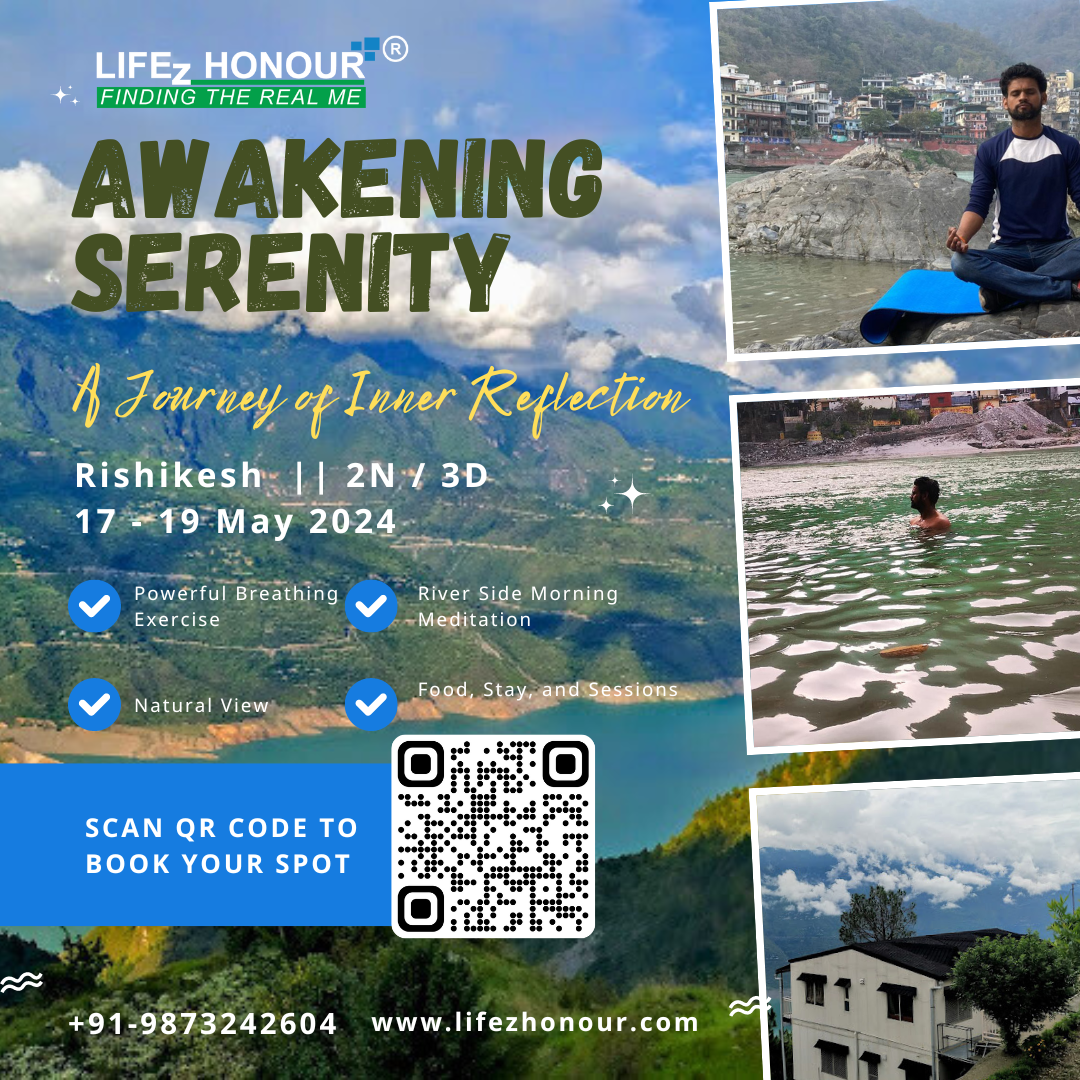Empower Your Year-End: Breaks for Growth & Rejuvenation
As the holiday season approaches, are you eagerly anticipating the magic of Christmas vacations?
Are you excited about the coming Christmas holidays?
The air is filled with the sweet scent of pine, and twinkling lights adorn every street corner. Yes, it's that magical time of the year again – Christmas! As the world transforms into a winter wonderland, I find myself eagerly anticipating the most wonderful part of the season: Christmas vacation. Join me on a journey as I unwrap the joy of my Christmas vacation adventure.
In our fast-paced world, where the demands of daily life can often feel overwhelming, holidays provide a precious opportunity for mental health healing. Rather than simply viewing these breaks as a chance to catch up on errands or indulge in leisure activities, we can consciously utilize holidays to rejuvenate our minds, bodies, and spirits. This blog explores the importance of prioritizing mental health during holidays and offers practical tips for making the most of this valuable time.
-
Unplug and Disconnect:
One of the greatest gifts we can give ourselves during holidays is the freedom to unplug from the constant buzz of technology. Take a break from emails, social media, and work-related communication. Allow your mind to rest and recharge without the constant influx of information.
-
Mindful Reflection:
Use the holiday as an opportunity for introspection. Reflect on your achievements, challenges, and personal growth over the past year. Mindful reflection fosters self-awareness, helping you gain perspective on your life and make conscious decisions for your well-being.
-
Embrace Nature:
Nature has a profound impact on mental health. Whether it's a hike in the mountains, a walk on the beach, or simply spending time in a local park, connecting with nature can reduce stress and improve overall well-being. Use your holiday to immerse yourself in the beauty of the outdoors.
-
Nourish Your Body:
Holidays often involve delicious meals and treats. While indulging in festive foods is part of the fun, also focus on nourishing your body with wholesome, nutritious options. A balanced diet contributes not only to physical health but also plays a crucial role in supporting mental well-being.
-
Practice Mindfulness and Meditation:
Incorporate mindfulness practices and meditation into your holiday routine. These techniques can help quiet the mind, reduce stress, and enhance your overall mental clarity. Dedicate some time each day to meditation or simply being present in the moment.
-
Prioritize Sleep:
Use the holiday break to establish healthy sleep patterns. Aim for a consistent sleep schedule, create a relaxing bedtime routine, and ensure your sleep environment is conducive to rest. Quality sleep is essential for mental health and emotional resilience.
-
Engage in Creative Outlets:
Expressing yourself through creative outlets can be therapeutic. Whether it's writing, painting, playing music, or any other form of artistic expression, channeling your creativity can provide an emotional release and contribute to mental well-being.
-
Connect with Loved Ones:
Holidays are an excellent time to strengthen connections with family and friends. Engage in meaningful conversations, share experiences, and enjoy the warmth of human connection. Social support is a powerful factor in promoting mental health.
Travel Therapy
-
Travel as a Therapeutic Activity:
-
Nature Therapy: Spending time in nature, whether it's hiking in the mountains, walking on the beach, or simply being surrounded by greenery, can have therapeutic effects on mental well-being. This is often referred to as "ecotherapy" or "nature therapy."
-
Cultural Immersion: Traveling to new places, experiencing different cultures, and meeting diverse people can be enriching and broaden one's perspective. This cultural exposure can be a form of therapy, broadening your horizons and offering new insights.
-
Adventure Therapy: Engaging in adventurous activities like rock climbing, trekking, or other physically challenging pursuits during travel can be a form of therapy. These activities often promote personal growth, build confidence, and provide a sense of accomplishment.
-
-
Travel for Mental Health and Wellness:
-
Wellness Retreats: Many people choose to travel specifically for wellness retreats. These retreats can include activities such as yoga, meditation, spa treatments, and workshops focused on mental and physical well-being.
-
Stress Reduction: Traveling to a relaxing destination can be a way to escape the stresses of daily life. A change of scenery, especially to a tranquil environment, can help reduce stress and promote relaxation.
-
Mindfulness Travel: Some people choose to travel with a focus on mindfulness and self-reflection. This might involve meditation retreats, silent retreats, or other activities that encourage being present in the moment.
-
Remember that while travel can have therapeutic benefits, it's not a substitute for professional mental health care if needed. If you're struggling with mental health issues, it's important to consult with a qualified healthcare professional.
In any case, the therapeutic benefits of travel are subjective and can vary from person to person. What's most important is finding a travel experience that aligns with your personal preferences and contributes positively to your well-being.

